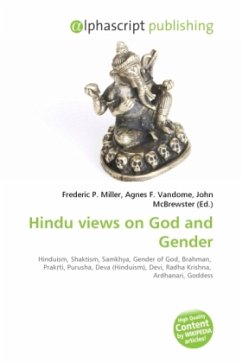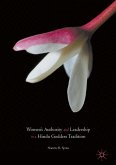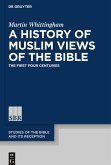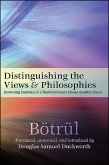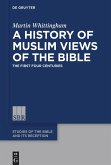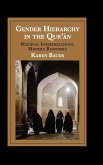In Hinduism there are diverse approaches to the understanding of God and gender. While most fart Hindus focus upon God in the neutral form,[citation needed] Brahman being of neuter gender grammatically, there are prominent Hindu traditions that conceive God as female, even as the source of the male form of God, such as the Shakta denomination. Hinduism, especially of the Samkhya school, views the creation of the cosmos as the result of the play of two radically distinct principles: the feminine matter (Prakriti) and the masculine spirit (Purusha). Prakriti is the primordial matter which is present before the cosmos becomes manifest. Prakriti is seen as being "...the power of nature, both animate and inanimate. As such, nature is seen as dynamic energy" (Rae, 1994). Prakriti is originally passive, immobile and pure potentiality by nature . Only through her contact with the kinetic Purusha she unfolds into the diverse forms before us. The idea of Prakriti/Purusha leads to the concept of the Divine Consort. Almost every deva of the Hindu pantheon has a feminine consort (devi).
Bitte wählen Sie Ihr Anliegen aus.
Rechnungen
Retourenschein anfordern
Bestellstatus
Storno

